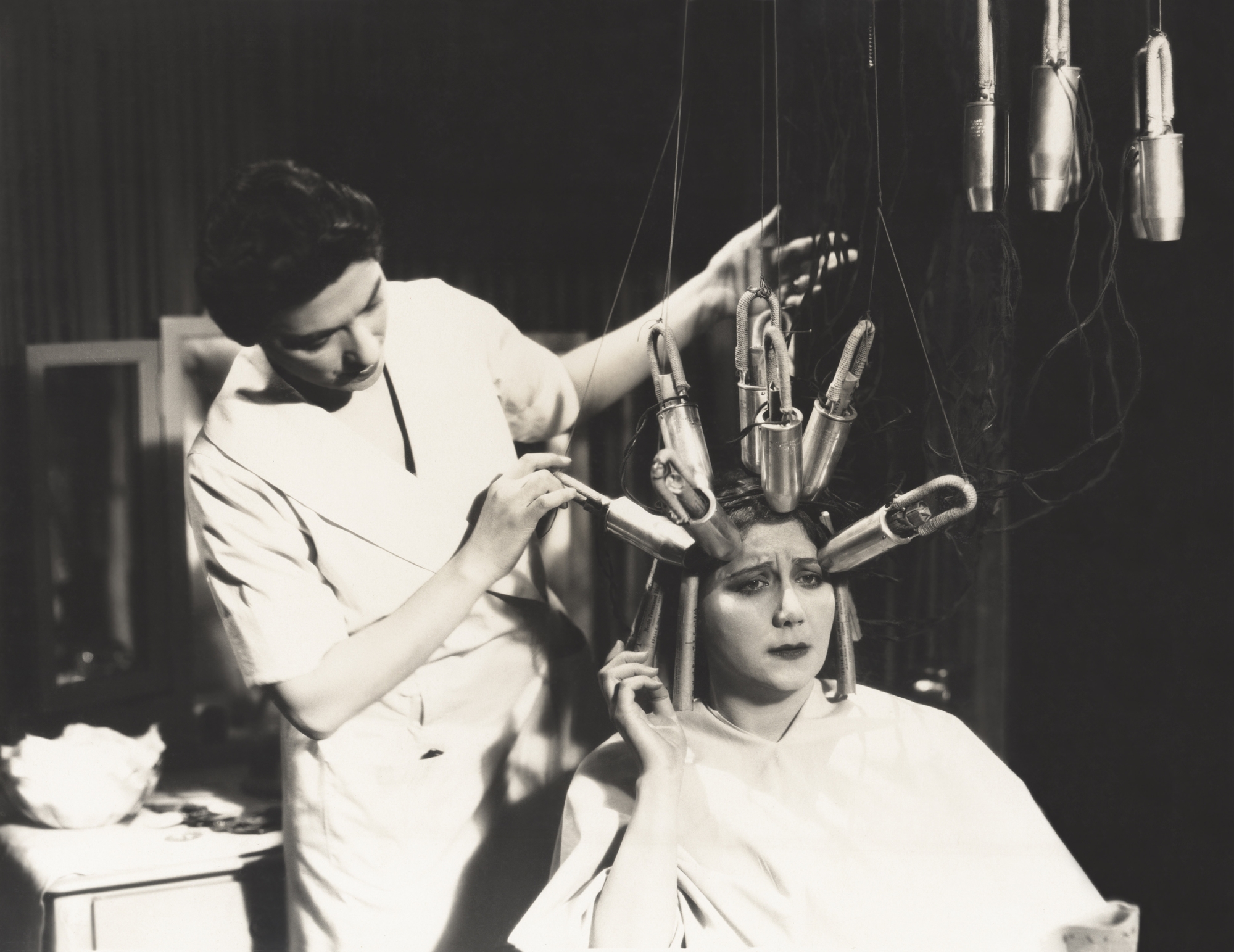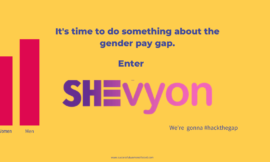
Sure, women have come a long way since the days that we weren’t allowed to vote, run marathons, or study in universities. But though it’s almost 2017, the road to gender equality is still long and very bumpy.
The number of women in our modern world who are smart, talented and savvier than ever, have surpassed men in education; that is, more women than men are receiving high-school diplomas, studying in university and even pursuing doctoral degrees.
In Israel, where I live, there has already been a female prime minister. And yet gender inequality is still rife.
Here are 5 things that still haven’t changed for women in our modern world. The best technology won’t solve these issues. It’s up to us:
-
‘Feminist’ is still a bad word
This is at the top of my list because I believe that until we as a society grasp that gender equality is a moral issue, we will never reach true equality.
Gender equality is something we should all care about it, because it starts with the way we raise our children – our sons and daughters. And yet too many people (both men and women) still think of man-haters when they think of the word “feminist.” As one astute Redditor put it “people would prefer to believe that we hate men because it’s simpler than understanding systematic oppression.”
-
Sexual harassment in the workplace
There’s so much to be said here, but I’ll do my best to keep it short. After being sexually harassed by two different men in the same place of work, and sharing my experience with other women, I learned how rampant sexually hostile male behaviour is and how scared women are to stand up for themselves. In fact, I found out that most women I knew had been sexually harassed at one point or another of their life. I was horrified to learn that most (read: all) did nothing. I don’t blame these women. Not for a second. I totally blame our society.
-
Sexist advertisements
Living in Israel, two types of sexist advertisement come to mind: those that objectify women and those that omit them completely. Both undermine women. Both are extremely problematic. And yet, the omission of women in certain types of advertisements bothers me more for reasons too numerous to discuss here. One reason however, is the fact that those same women who are being omitted are usually the sole breadwinners of their household. When they are then omitted from advertising, it is their society reflecting to them their insignificance, and among other things stripping them of their hard-earned buying power.
-
Being asked personal and irrelevant job-interview questions
In most western countries, asking your age, marital status, and about your children is illegal. It’s still unclear to me whether it’s legal or not in Israel, but either way, employers do it all the time. When I was asked about my family planning (WTF??) during an interview, I should have walked out. The moment the interviewer asked the question, I knew I didn’t want to work there. But I didn’t storm out because I didn’t want to seem impolite. Women are still being asked irrelevant personal questions and it’s not okay.
-
The Juggling Act
I’m insanely lucky. I’m married to a wonderful man who in some ways is more of a feminist than I am. He does a lot around the house, some days more than I do, if we factor out the kids. But that’s the part he doesn’t get. As much as he does around the house, the kids are pretty much my responsibility. That’s not a complaint. It’s an observation. Child-rearing, for the most part, is the mother’s responsibility. Men can go to work, and be present at work the entire day. Women have much more of a juggling act.
What challenges do you face? What other things do you feel in your day-to-day still haven’t changed for women?


Great list! I live in the United States, and the reason the word “feminist” is a “bad word” here is mostly because it means a lot more than gender equality here. Feminism and the sexual revolution merged to become more-or-less the same movement. The word feminism now includes gender equality, the demand for government-provided contraceptives, legalized abortion at all stages of pregnancy, and a demand for women to have greater consideration in the hiring process, among other things. An example of the latter: in the U.S. it is illegal to consider someone’s sex when hiring new employees, but we have many companies that market themselves as having all-women employees.
It is unfortunate that these unrelated and woman-as-superior issues became attached to feminism and the call for equality. I know of some movements to use a different word than “feminism” to pull away from these other topics, but none of them have gained popularity or momentum.
I am horrified that asking personal and irrelevant questions continues legally! I have participated in job interviews here, and while some people volunteer information (way too much information – we’ve had to learn ways to discourage the excess sharing), I can’t imagine being asked those questions. Good luck in continuing to fight that!
Including sexist advertisements in your list is so important! The objectification and exclusion of women reinforces negative perceptions of women, especially to our children. I don’t see exclusion as often here, but objectification is rampant. We also have a lot of media (advertisements and television shows) that demean men, usually fathers. I think this is part of why feminism is still affiliated with man-haters in the U.S., too. Gender equality demands that fathers be more than fools, and women be more than fashion models. It is a constant battle. 🙁
Michelle, thank you so much for your thoughtful comment. To be clear, it is illegal to consider someone’s sex or their marital status etc. when hiring new employees. But paradoxically, as far as I know, it’s legal to ask questions that relate marital status, children, etc. I agree with you that gender equality is a constant battle. But for our children’s sake, it’s one we must keep fighting.